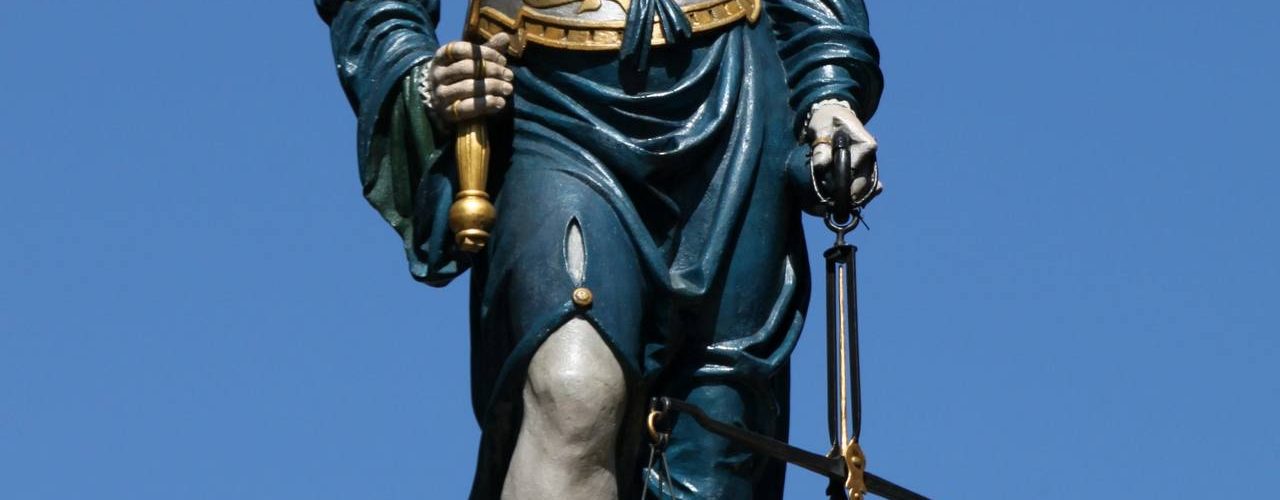The ECJ released the fact & questions in the case C-570/24 (Ecoserv).
Keywords: VAT, joint and several liability, res judicata
Subject:
– Council Directive 2008/118/EC of 16 December 2008 concerning the general arrangements for excise duty and repealing Directive 92/12/EEC: Article 8(1)(a)(i) and (2);
– Council Directive 2006/112/EC of 28 November 2006 on the common system of value added tax: Articles 14, 73 and 78.
Articles in the EU VAT Directive 2006/112/EC
Articles 14, 73 and 78.
Article 14
1. ‘Supply of goods’ shall mean the transfer of the right to dispose of tangible property as owner.
Article 73 (Taxable amount)
In respect of the supply of goods or services, other than as referred to in Articles 74 to 77, the taxable amount shall include everything which constitutes consideration obtained or to be obtained by the supplier, in return for the supply, from the customer or a third party, including subsidies directly linked to the price of the supply.
Article 78
The taxable amount shall include the following factors:
(a) taxes, duties, levies and charges, excluding the VAT itself;
(b) incidental expenses, such as commission, packing, transport and insurance costs, charged by the supplier to the customer.
For the purposes of point (b) of the first paragraph, Member States may regard expenses covered by a separate agreement as incidental expenses.
Facts & Background
Facts:
The applicant is ‘Ecoserv’, a company. It had a permit to carry out technical tests for the production of ethyl alcohol between February and April 2013. Following an inspection in 2015 by criminal investigation authorities and customs, approximately twenty thousand litres of ethyl alcohol were found to be missing from the company’s assets. The tax authorities imposed a tax assessment and additional tax obligations on the company. Following criminal proceedings, a prison sentence was imposed on the authorised director of the company ‘HZ’ for fraud, embezzlement and tax evasion. The Romanian State joined the criminal proceedings as a civil party and claimed that HZ be ordered jointly and severally with the company (as the civilly liable party) to pay damages. HZ was ordered to pay part of the amount, but the claim against the applicant company was dismissed as unfounded. HZ acted in its own interest and was solely criminally and civilly liable to the persons who suffered the damage.
Consideration:
The referring court asks for an interpretation of Article 8(1)(a)(i) of Directive 2008/118 in order to ascertain whether the applicant company, as an applicant for a licence as an authorised warehousekeeper, is a person liable to pay excise duty within the meaning of that provision. This question specifically concerns the irregular removal of excise goods from the premises where the company carried out the technical tests for the production of ethyl alcohol under the supervision of the territorial customs authority. In this regard, the referring court asks for clarification of the tax liability of the applicant company. In addition, the referring court asks whether the contested tax assessment, against which no administrative appeal has been lodged, should be annulled in the light of the factors subsequently established in the criminal proceedings, on the grounds that there was a serious and manifest error. Finally, the question is whether res judicata has the force of res judicata.
Questions
1. For the purposes of Article 8(1)(a)(i) of Council Directive 2008/118/EC concerning the general arrangements for excise duty and repealing Directive 92/12/[EEC], read in conjunction with paragraph 2 of that [article], does the term ‘person liable to pay the excise duty …’ also cover a legal person who, with a view to obtaining a tax warehouse authorisation under the technical testing scheme, has produced ethyl alcohol under the supervision of the territorial customs authority [and] whose business assets have been found to be short of 21 909 litres of ethyl alcohol with an alcoholic strength of 96.16%?
2) Does the fact that those taxes were also imposed on that legal person by tax assessment No F-BN 77 of 4 March 2016, against which no administrative appeal was lodged in accordance with the procedure laid down in the Code of Fiscal Procedure, constitute a serious and manifest error in the application of harmonised EU law on excise duties and VAT, when, following the adoption of a tax assessment – imposing additional excise duties and VAT on that legal person in respect of the missing quantity of ethyl alcohol – against which no administrative appeal was lodged, a final criminal judgment has established that the sole person responsible for causing the damage to the State budget is the de facto director (general manager) of that company, who, on the basis of the same criminal intent, sold 21 909 litres of doubly refined alcohol from the company (of which he was an employee) worth 219 090 Romanian leu (RON) in the period February to June 2013 and was thereby guilty of embezzlement in the meaning of Article 295, paragraph 1, of the Cod penal (Criminal Code), and failed to enter in the accounts the income from the sale of the quantity of alcohol, thereby causing damage to the State budget in the amount of RON 915 562.74, which constitutes an act meeting the constituent elements of the criminal offence of tax evasion within the meaning of Article 9, paragraph 1, point (b), [and] paragraph 2 of Law No 241/2005?
3) Does EU law preclude a national court from applying the principle of the res judicata effect of a criminal judgment in a tax dispute concerning excise duties and VAT, where the application of that principle would prevent account being taken of the EU rules on excise duties and VAT, which also provide for the joint and several liability of legal persons and which have not been examined by the criminal courts in judgments which have become res judicata?
Source
Cited ECJ Cases
Newsletters
- Join the Linkedin Group on ECJ VAT Cases, click HERE
- VATupdate.com – Your FREE source of information on ECJ VAT Cases















